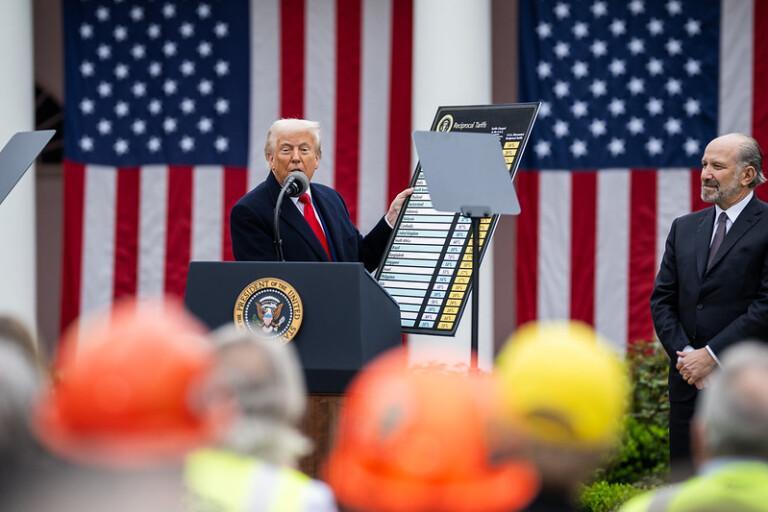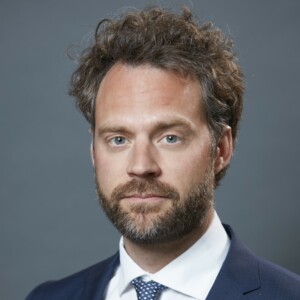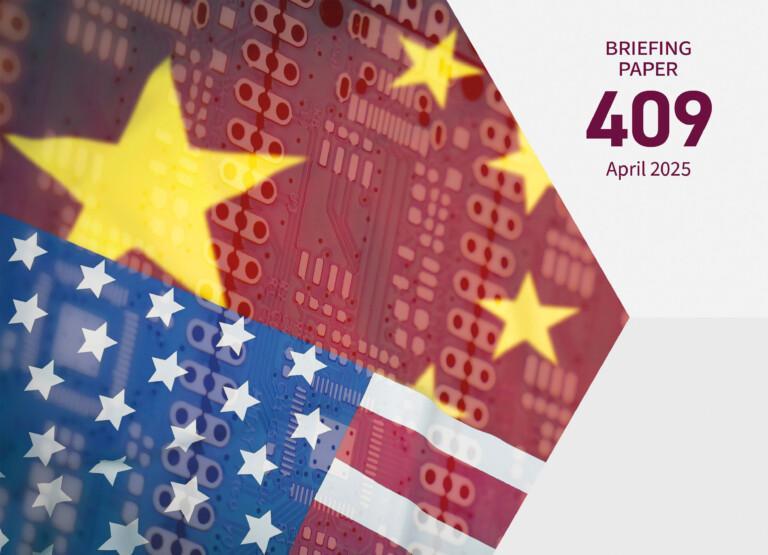
The world needs to reinforce institutions that were created to strengthen peace and security, and to stop eroding international law. The more far-reaching the issue and the greater the number of countries affected, the less sufficient unilateralism proves to be, and the less viable it becomes.27
The world is in a chaotic state, where the emergence of a new multipolar international order is still pending. It appears as if never-ending violent conflict has engulfed vast regions of the world, stretching from Central and South Asia via the Middle East and Horn of Africa to Northern Africa and parts of Sub-Saharan Africa. This pulsating arc of instability is here to stay for the foreseeable future.
Rivalries between major powers, rising regional tensions, competition for diminishing natural resources, and geopolitical shifts fuel conflicts, making them ever more complex to comprehend, yet alone resolve. The seemingly endless violence, war and turmoil is symptomatic of a wider breakdown of the rule-based international order. Deep mistrust characterizes relations between states in many parts of the world, but also affects the functioning of multilateral institutions. The UN has great difficulties in upholding its primary goal of maintaining and restoring international peace and security.
Apart from problems in managing conflicts and providing security, the UN is struggling to deal with an ever-expanding agenda of global governance. The complexity of issues and the speed of technological development makes it difficult to find common solutions for climate change or artificial intelligence, for instance. A greater number of actors need to be involved in influencing normative development, but also to ensure political legitimacy. Private and subnational actors must be part of attempts to find solutions, and more states need to be given a real say in global decision-making. Rising powers such as Brazil, South Africa and India must be more effectively incorporated into the structures of global leadership.
Many appear willing to abandon the world organization altogether, yet the UN is needed more than ever today. At the global level, the United Nations is the only source of true global legitimacy where all states are equally represented. What is more, many problems that the international community faces, such as development, forced migration, and terrorism, cannot be resolved by individual states alone.
The UN is at the centre of a complex system of treaties, international organizations and regimes that have been built to manage global affairs. The preservation of such a statedominated system is favourable to the majority of states that are not major powers. However, powerful states also benefit from the UN and multilateral processes as they can remain leaders of global governance standard-setting, while key players such as China and others stand to be net beneficiaries of the end results.
The UN itself has been criticized for inefficiency and costliness, for organizational deficits and the lack of a clear purpose. Rebuilding trust in the UN requires the capacity to change, and improved governance by the organization. Efforts to better reflect new power relations within the organization must continue, and broad participation and transparency must be organizational fundamentals. However, in order to regain its position as the leading global governance institution, the UN also needs commitment by major powers. China is increasing its role in multilateral global institutions, for example, with respect to peacekeeping, and it has shown some willingness to take initial steps towards becoming a leader of a more multipolar world order. Yet it does
not bode well for the UN when its main financial backer, the United States, is threatening to cut funding. Simultaneously, the US Congress is confronted with initiatives aiming for an American withdrawal from the world organization altogether.
When it comes to the particular issue of collective security, the distrust in the Security Council is not easy to handle since no reforms of any consequence are in sight. Only the alleviation of geopolitical tensions can make it easier to act with respect to conflicts such as Syria’s. The chaotic international situation, whereby the international order is being renegotiated, makes it difficult to predict how relations among major powers will develop, but it is precisely in this situation that the role of established fora becomes ever more important.
The only way forward is to rebuild support for the legitimate UNbacked engagements that are needed to prevent and contain local crises. Past efforts to manage conflicts without a UN mandate have failed badly. There are no viable alternatives to the UN as neither NATO nor the EU possess clout outside the Western hemisphere. The onus is on the UN Security Council members to lead the way in rebuilding the international community’s credibility
both when it comes to political decision-making and securing peace on the ground.
Despite the many challenges and potential difficulties that the UN is facing, there is no need to give up on the UN and multilateralism in general.
The adoption of the Sustainable Development Goals (SDGs) and the Paris Climate Agreement in 2015 shows that the international community is able to agree upon issues when sufficient political will exists. Another glimmer of hope was the ability of the five permanent member states to unite behind the selection of the new SecretaryGeneral, António Guterres, in 2016. However, he will need their further support in maintaining the UN as the centerpiece of global governance working against parochialism and isolationism.











